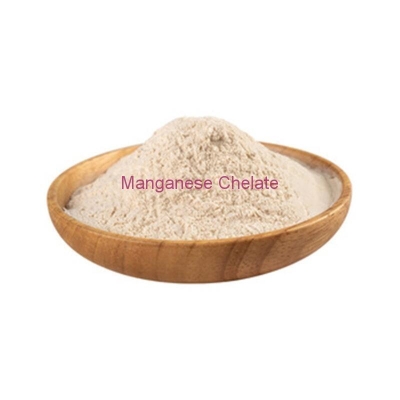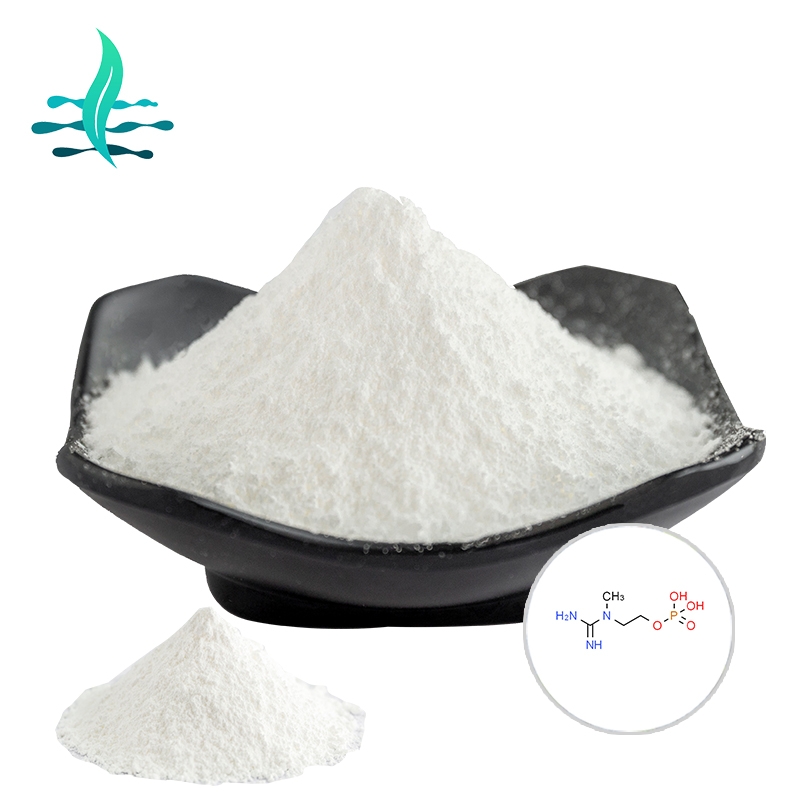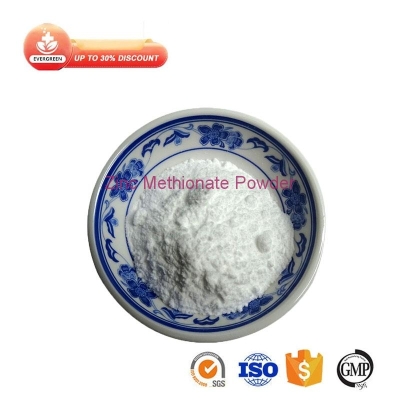-
Categories
-
Pharmaceutical Intermediates
-
Active Pharmaceutical Ingredients
-
Food Additives
- Industrial Coatings
- Agrochemicals
- Dyes and Pigments
- Surfactant
- Flavors and Fragrances
- Chemical Reagents
- Catalyst and Auxiliary
- Natural Products
- Inorganic Chemistry
-
Organic Chemistry
-
Biochemical Engineering
- Analytical Chemistry
- Cosmetic Ingredient
-
Pharmaceutical Intermediates
Promotion
ECHEMI Mall
Wholesale
Weekly Price
Exhibition
News
-
Trade Service
Image: Lisa chan - taber is Professor of Epidemiology and Chair
of the Department of Biostatistics and Epidemiology at the University of Massachusetts Amherst School of Public Health and Health Sciences.
An epidemiologist at the University of Massachusetts Amherst received a five-year, $2.
1 million grant from the National Institutes of Health (NIH) to continue research on how physical and mental health during pregnancy can help predict cardiovascular and mental health disorders
in midlife.
"The need for pregnancy can be a 'stress test' that reveals future predispositions to cardiovascular disease," said
Lisa chahn-taber, professor of epidemiology and chair of the Department of Biostatistics and Epidemiology at the University of Massachusetts Amherst School of Public Health and Health Sciences.
"We think pregnancy complications may also reveal a predisposition to
depression in the future.
"
Chans-Taber will lead the project, working with neuroscientists Rebecca Spencer and Jerrold Meyer of the University of Massachusetts Amherst, professor emeritus and professor emeritus of
psychology and brain science, respectively.
"We will prospectively assess whether pregnancy complications provide a meaningful opportunity
for early efforts to prevent cardiovascular disease," Chan-Taber said.
The research team will study the relationship between
pregnancy complications and prenatal mental health and cardiometabolic and mental health in middle-aged Puerto Rican Hispanics living in the continental United States.
Among Hispanics, Puerto Ricans have the highest prevalence of diabetes, obesity and cardiometabolic risk factors, with a population growth rate three times that of
the total U.
S.
population.
"We hypothesized that pregnancy complications were associated
with poorer cardiometabolic health and mental health in middle-aged Puerto Rican women," Chans-Taber said.
The researchers will draw on data collected in a previous prospective study, conducted by Chans-taber from 2006 to 2011 by Proyecto Buena Salud (PBS).
For the study, Chans-Taber recruited 1,627 pregnant women
of Puerto Rican and Dominican descent who received prenatal care in western Massachusetts.
The PBS study provides new evidence that pregnancy complications and prenatal depression are very common among Puerto Ricans and are significantly associated
with poor maternal and infant outcomes.
Participants in PBS have now reached middle age, which provides an opportunity to
analyze whether health during pregnancy can predict other health outcomes in midlife.
The researchers estimate that 1,096 participants in the original PBS will be part of the
new study.
Bilingual and bilingual staff will collect biomarkers of insulin resistance, inflammation, lipids, fat, blood pressure, and chronic physiological stress (cortisol concentration in hair
).
Participants will also be interviewed to measure depression, psychosocial stress, and anxiety
.
The team will use motion recorders, which monitor sleep and activity cycles through sensors worn on the wrist, to test their hypothesis that sleep deprivation and physical activity may mediate the link between
pregnancy complications and subsequent cardiometabolic health.
"Ultimately, we hope that our findings will help provide culturally sensitive antenatal interventions for this understudied and particularly vulnerable population to prevent future chronic diseases
," concludes Chans-Taber.
"







